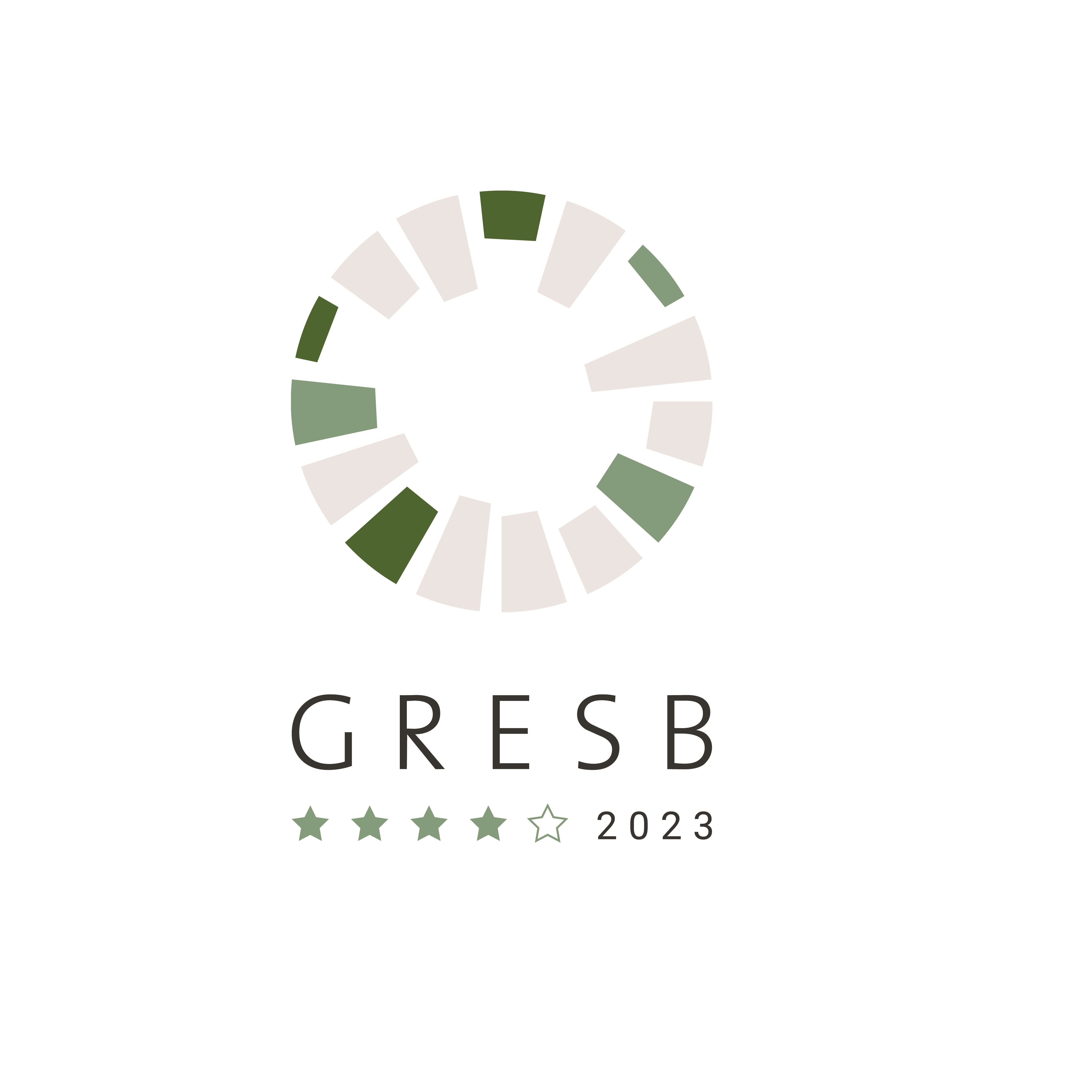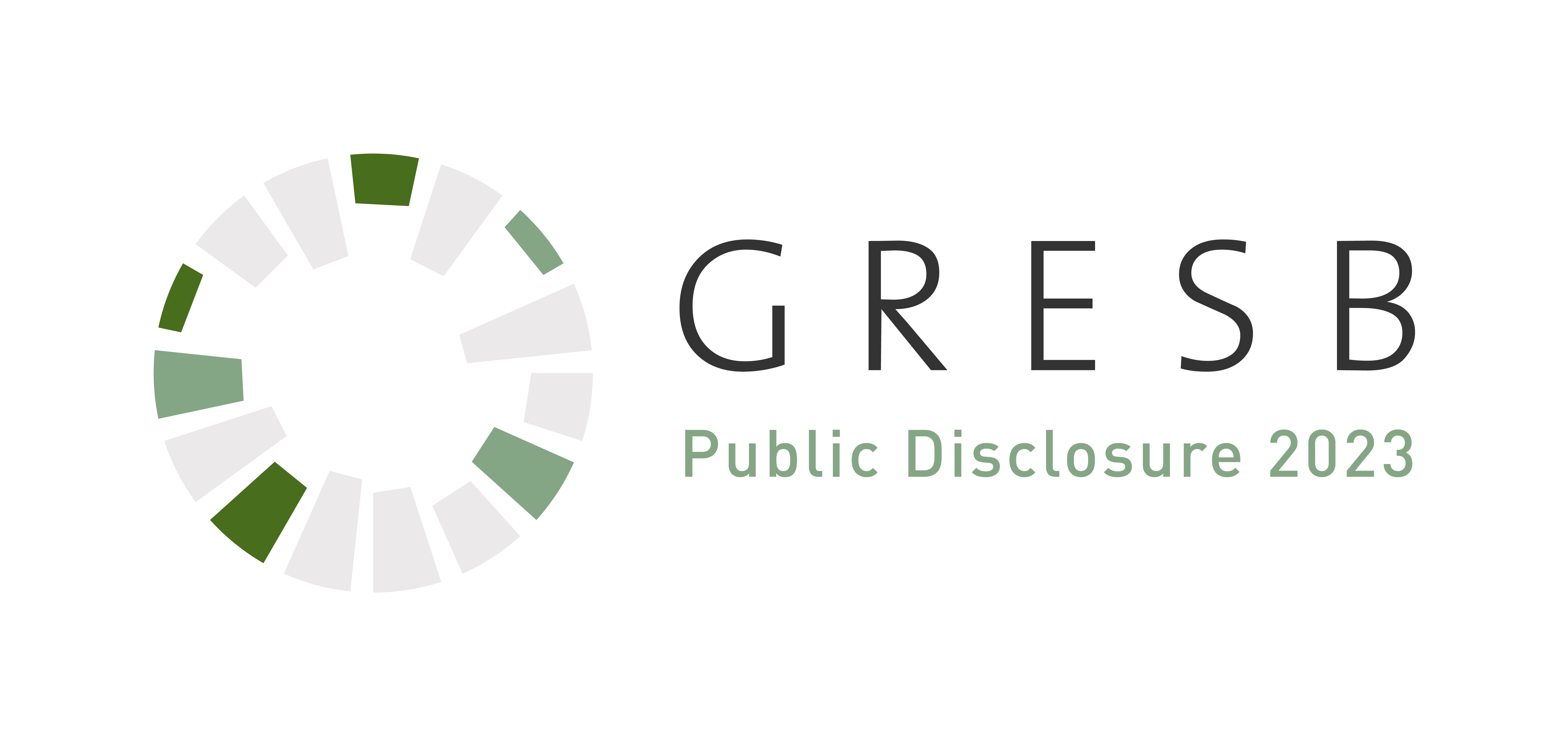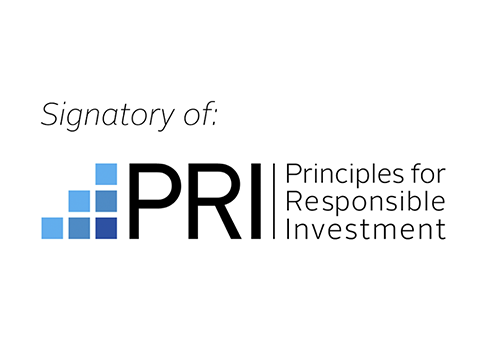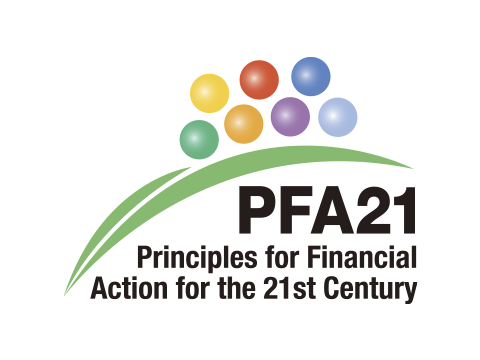- HOME
- Overview
- Sustainability
- Basic Policy on Sustainability
Basic Policy on Sustainability
Fukuoka REIT Corporation carries out various activities through the sharing of ideas on sustainability with Fukuoka Realty Co., Ltd.
Basic Policy on Sustainability
Please refer to Fukuoka Realty’s website regarding the sustainability policy and framework.
Fukuoka Realty Co., Ltd.(Sustainability)
Materiality
Fukuoka Realty is taking steps to identify materiality (important issues to address) in its sustainability initiatives based on the requests and expectations of its stakeholders and the expected impact on and importance to FRC. By promoting initiatives based on materiality policies and targets derived through cooperation with stakeholders, Fukuoka Realty targets sustainable growth at FRC alongside contributions toward solving social issues.
| Materiality | Policies and targets | KPIs and targets | Related SDGs | |
|---|---|---|---|---|
| Environment | Reduction of environmental load |
|
35% reduction in CO2 emissions (compared with 2019, basic unit) 75% waste recycling rate |
|
| Environment | Maintenance and enhancement of environmental and construction performance |
●Maintain and improve competitiveness by acquiring green building certifications and through visual representation of building performance |
85% Green Building Certification rate or higher |
|
| Society | Creation of pleasant workplaces(Asset management company) |
●Continue to improve office environments and work on providing pleasant working environments ●Give consideration to work-life balance and boost employee satisfaction |
●Improve office environment (number of cases) |
|
| Society | Creation of pleasant workplaces(Tenants) |
|
|
|
| Society | Contributions to boosting the attractiveness and revitalization of Fukuoka and Kyushu |
●Support research and studies on the local economy and industries; promote attractive urban development in collaboration with local business circles |
●Host local community events (number of times) |
|
| Society | Co-creation with the local community |
|
●Continued participation in activities that contribute to the community (number of times) |
|
| Governance | Information disclosure and dialogue with stakeholders |
●Build relationships of trust through proactive dialogue with stakeholders and reflect stakeholder feedback in our management strategy |
●ESG training for employees (number of times) |
|
| Governance | Compliance / Risk Management |
|
|
|
Main initiatives

Participation in GRESB 2023
GRESB is an annual benchmark assessment to measure ESG (Environmental, Social and Governance) integration of real estate companies and funds, as well as the name of organization which runs the assessment. It was founded in 2009 by a group of major European pension funds who played a leading role in launching the Principles for Responsible Investment (PRI). In the 2023 GRESB Real Estate Assessment, FRC received a “4 Stars” for the 3rd consecutive year in GRESB Rating, which is based on GRESB Overall Score and its quintile position relative to global participants. It also won a “Green Star” designation for the 6th consecutive year by achieving high performance both in “Management Component” that evaluates policies and organizational structure for ESG promotion, and “Performance Component” that assesses environmental performance and tenant engagement of properties owned.

GRESB Public Disclosure
FRC also received the highest “A Level” for the GRESB Public Disclosure, which assess the width of our ESG disclosure.

Signing of the Principles for Responsible Investment (PRI) (September 2018)
PRI comprises an international network of financial institution investors working to realize six principles for the finance industry, which were established in 2006 under the leadership of then-UN Secretary-General Kofi Annan. PRI encourages the incorporation of environmental, social and governance (“ESG”) issues into investment decision-making processes, aiming to thereby help companies enhance their long-term investment performance and better fulfill their fiduciary duty. As of September 2018, more than 2,000 institutions representing more than US$80 trillion in assets under management have signed on to PRI. Fukuoka Realty agrees with the basic approach of PRI and became a signatory in September 2018.

Signing of the Principles for Financial Action towards a Sustainable Society (Principles for Financial Action for the 21st Century) (September 2018)
The Principles for Financial Action towards a Sustainable Society (Principles for Financial Action for the 21st Century) were drawn up in October 2011, with the Ministry of Environment serving as secretariat, as guidelines for action by financial institutions seeking to fulfill their roles and responsibilities necessary for the establishment of a sustainable society. Fukuoka Realty agreed to the concept of the principles and became a signatory in September 5, 2018.

Endorsement of TCFD (Task Force on Climate-Related Financial Disclosures) (September 2022)
In September 2022, we endorsed the recommendations of the TCFD (Task Force on Climate-Related Financial Disclosures), which was established by the Financial Stability Board (FSB) to examine climate-related disclosures and how financial institutions should respond. At the same time, we joined the TCFD Consortium, an organization of endorsing Japanese companies.
GRI Content Index
We refer to GRI standards for ESG information on our website.
